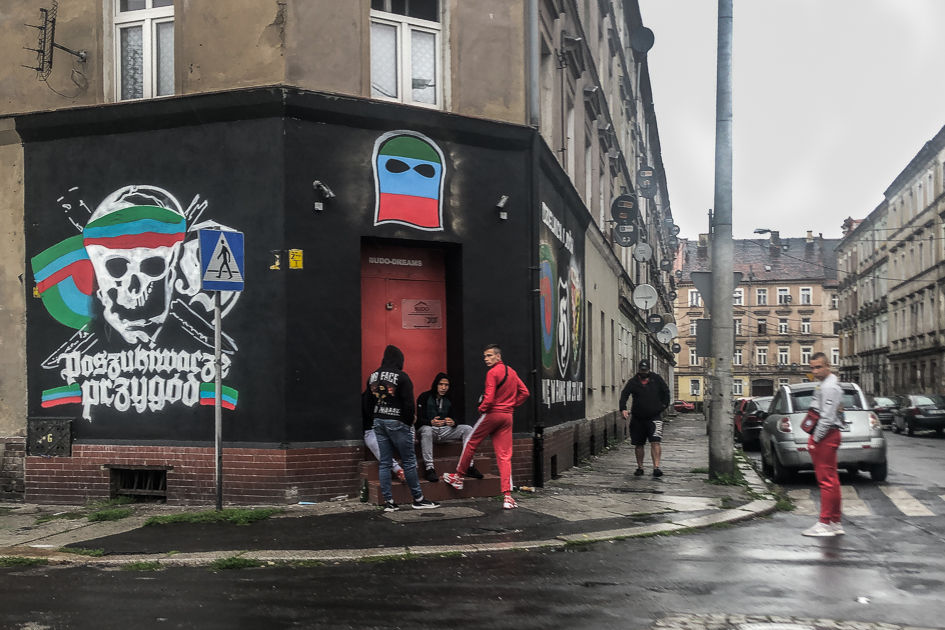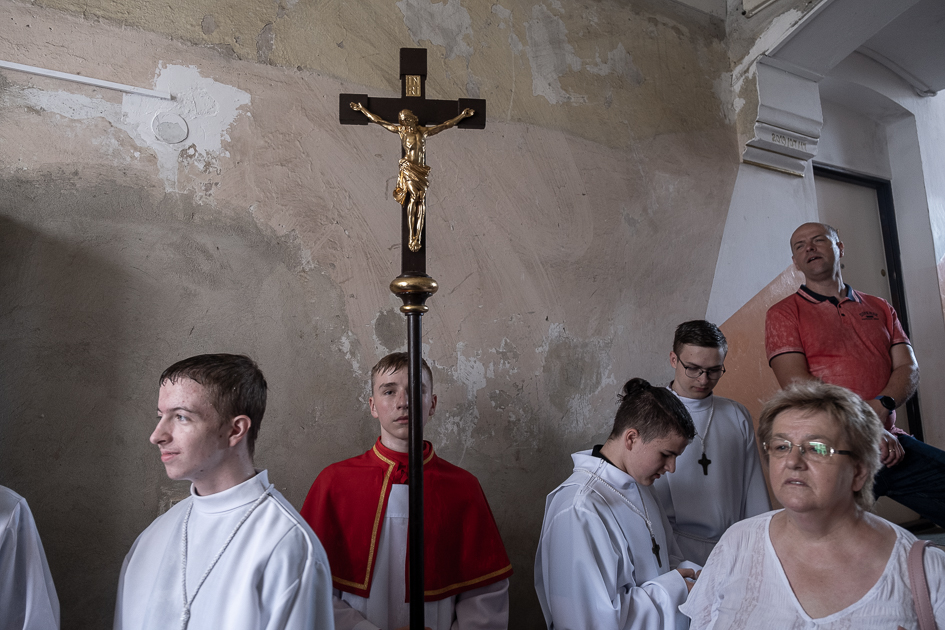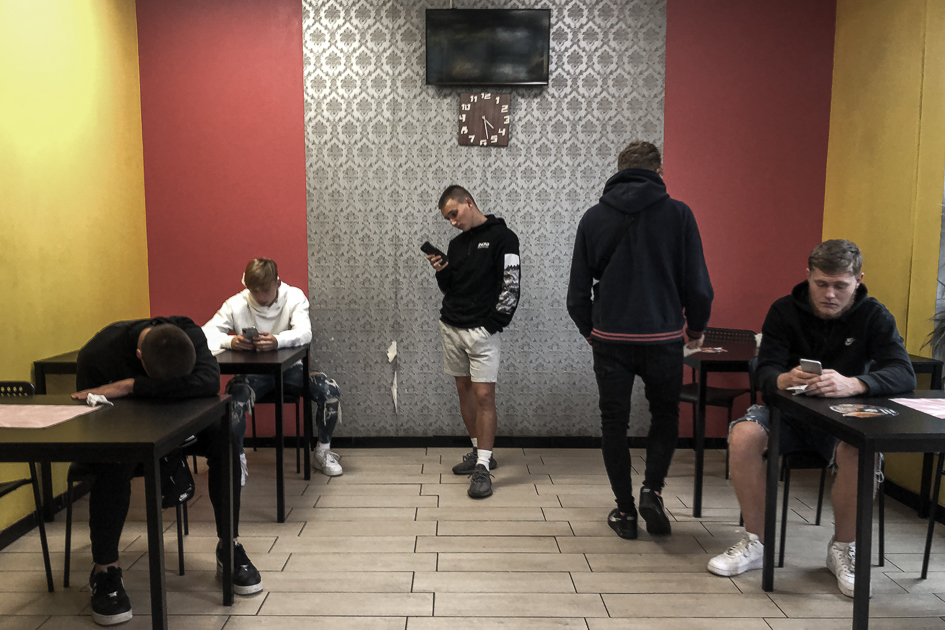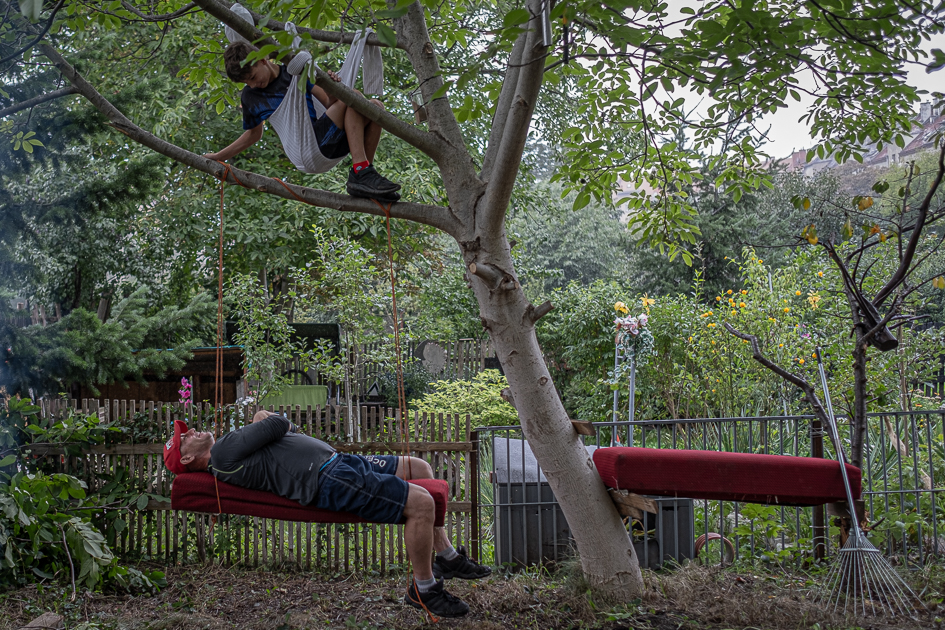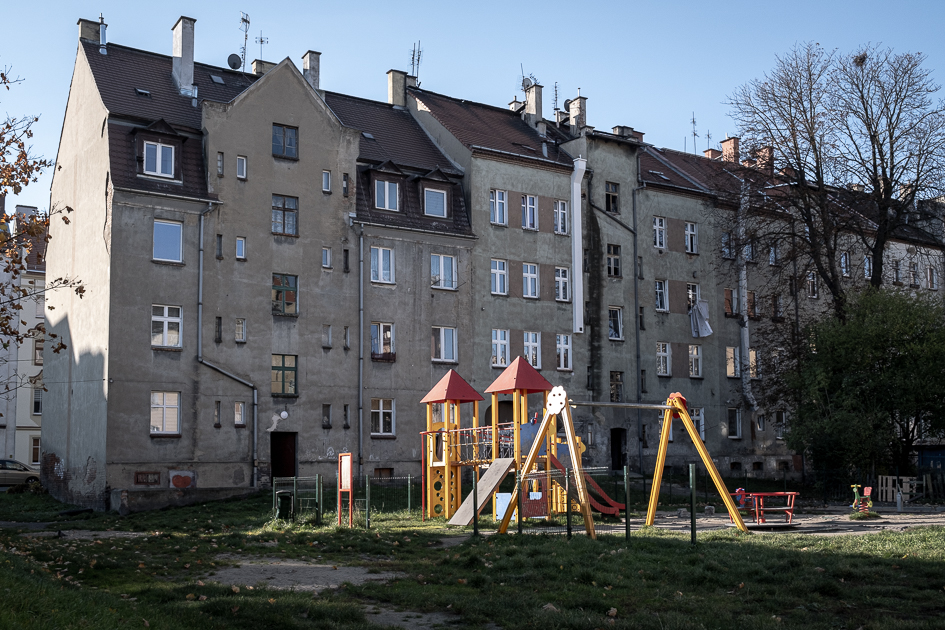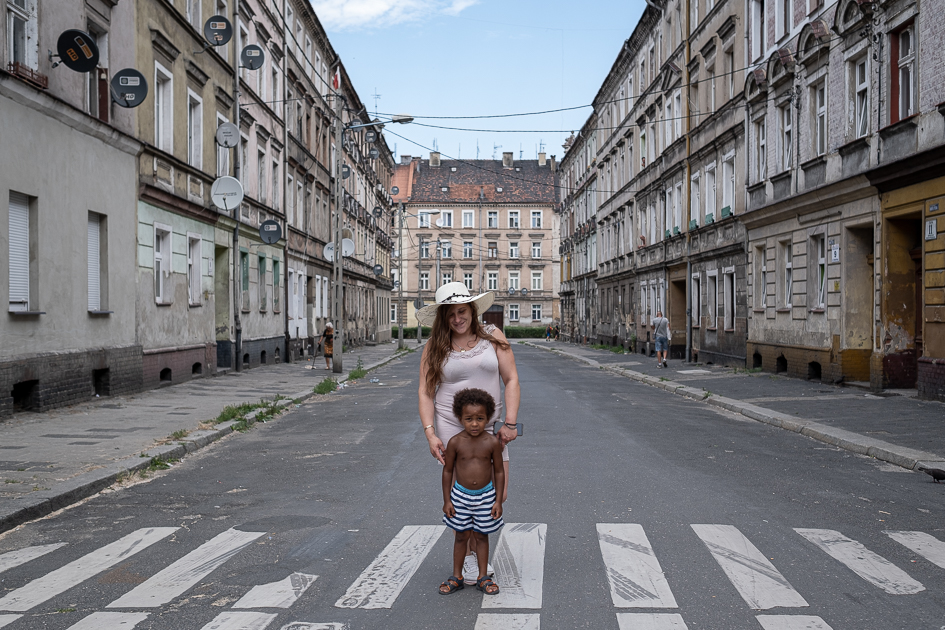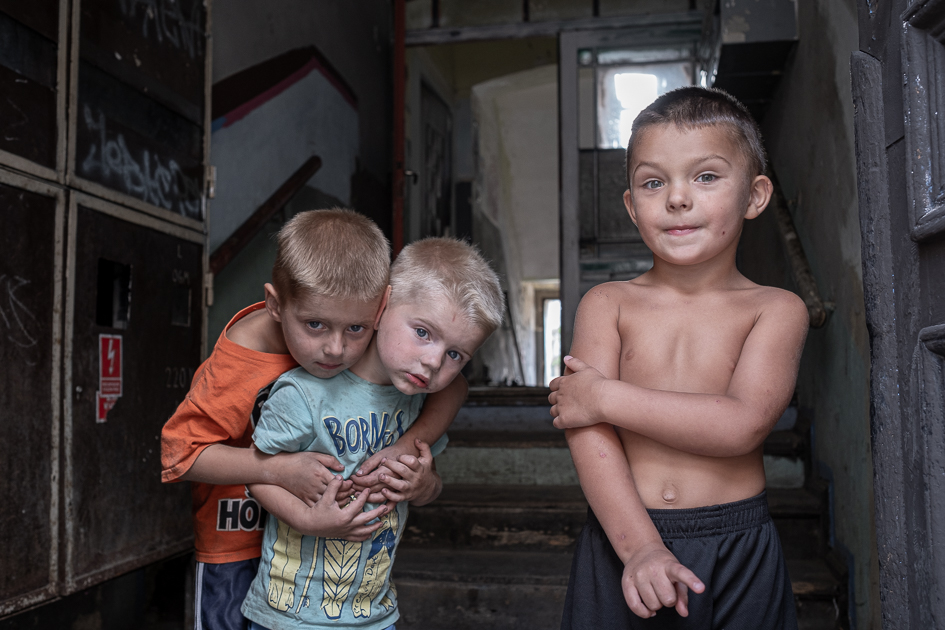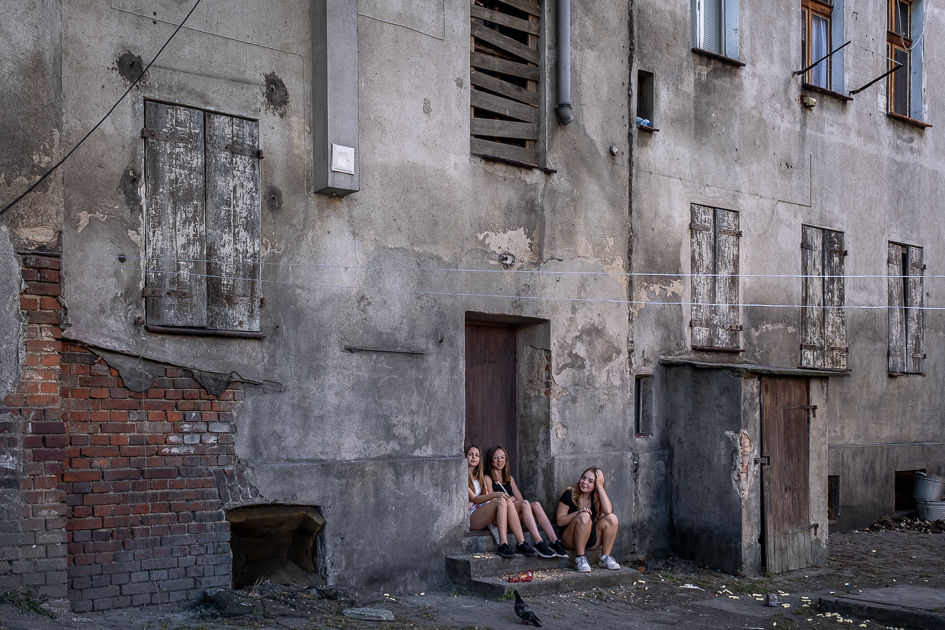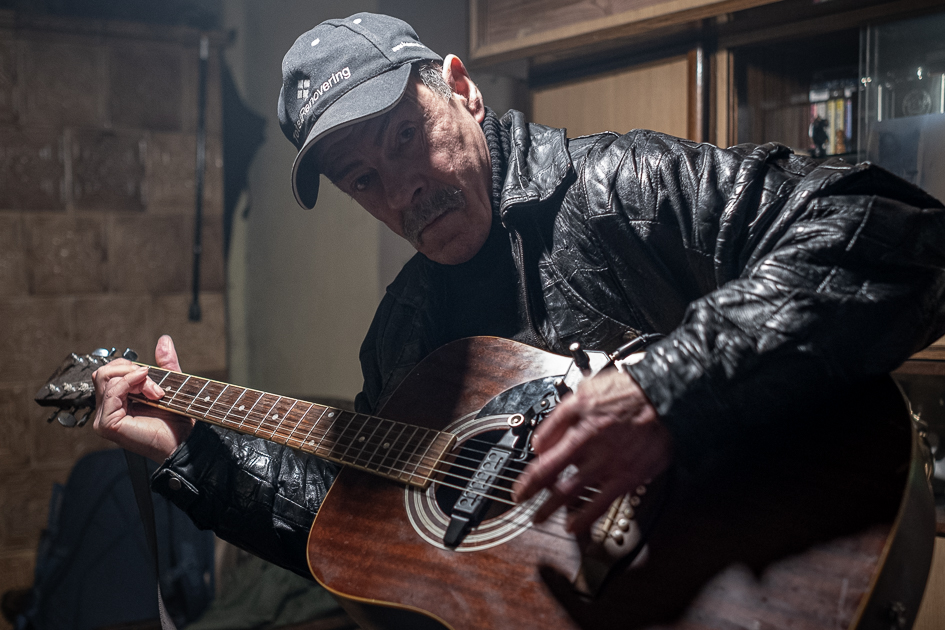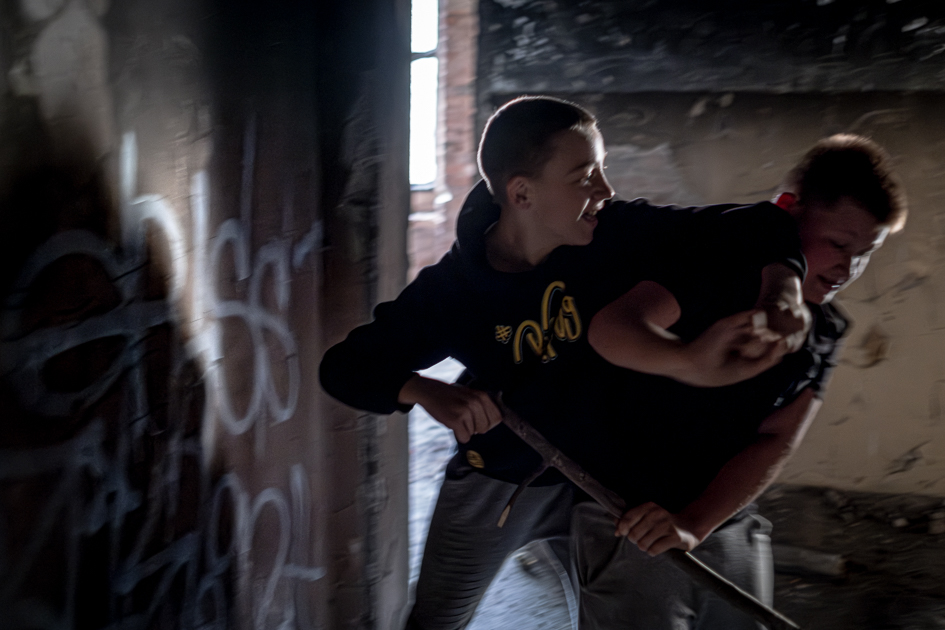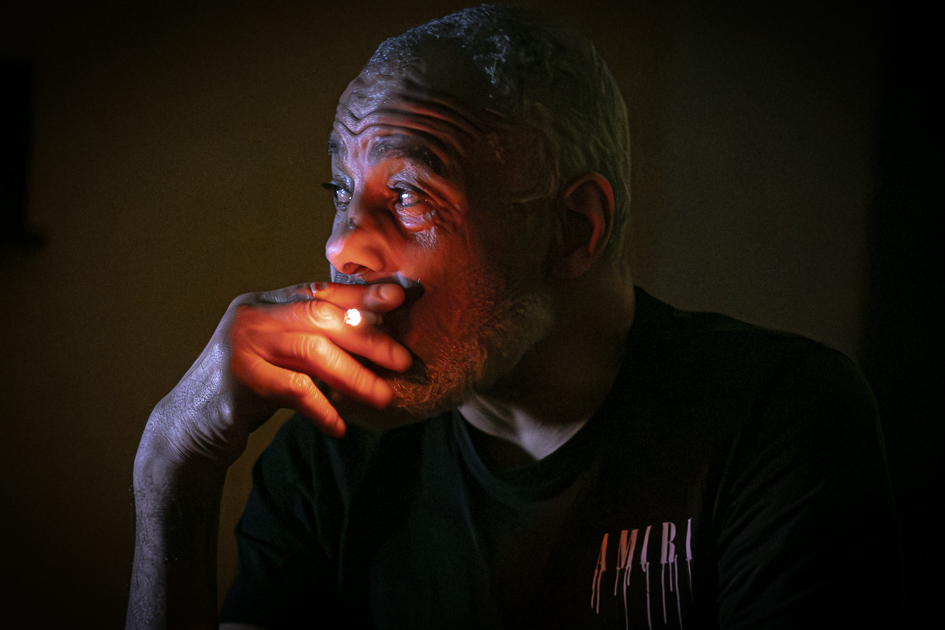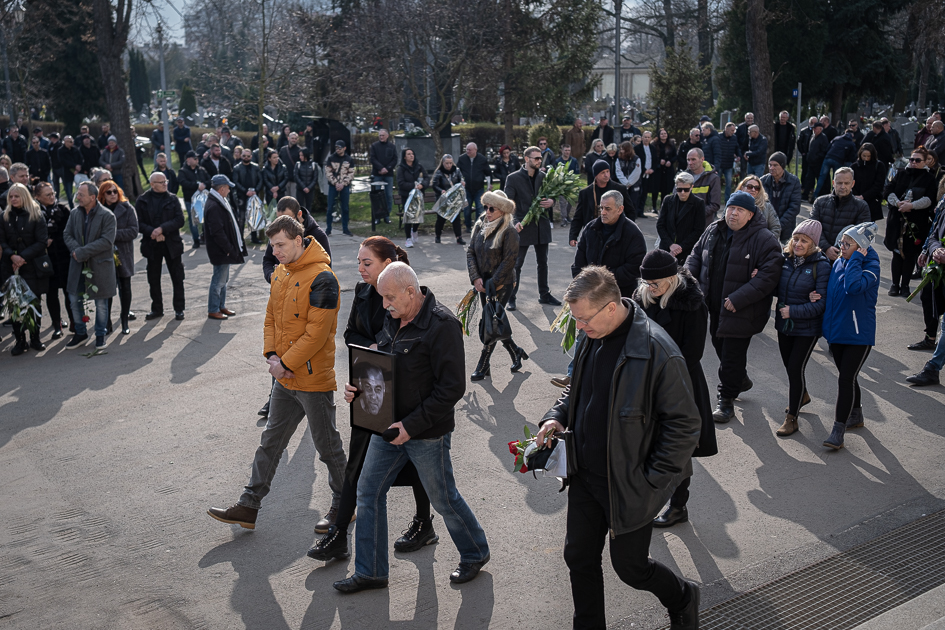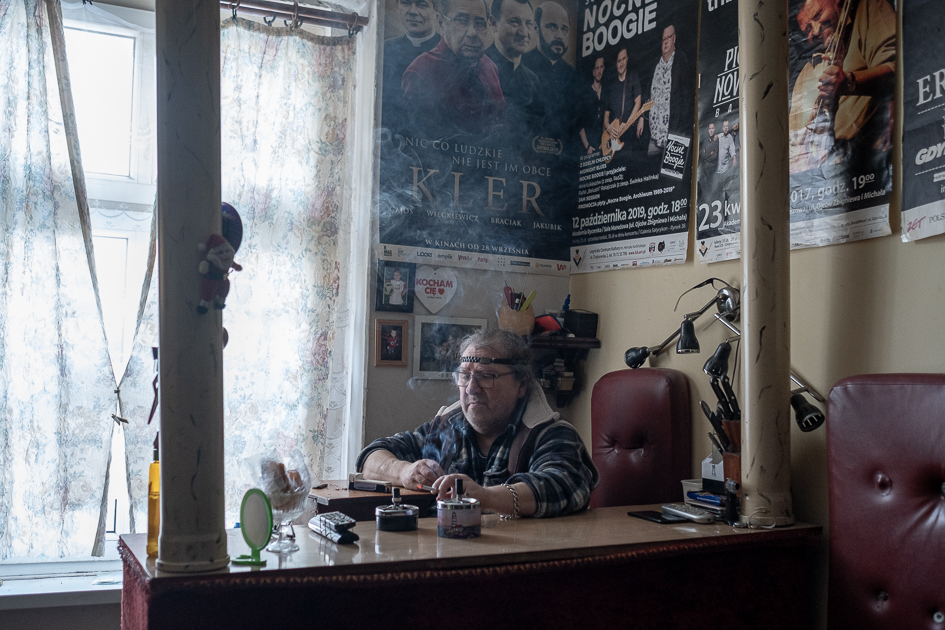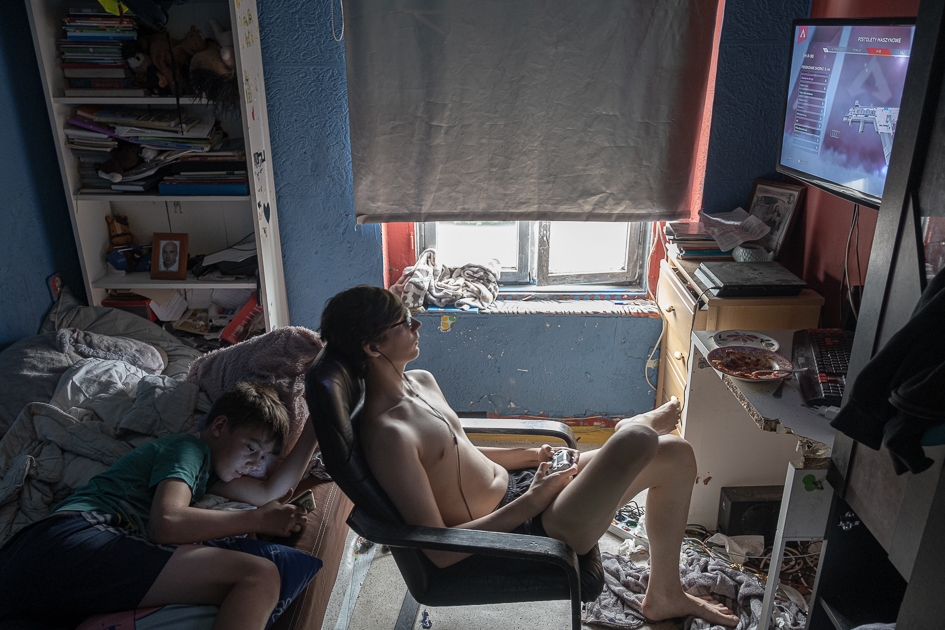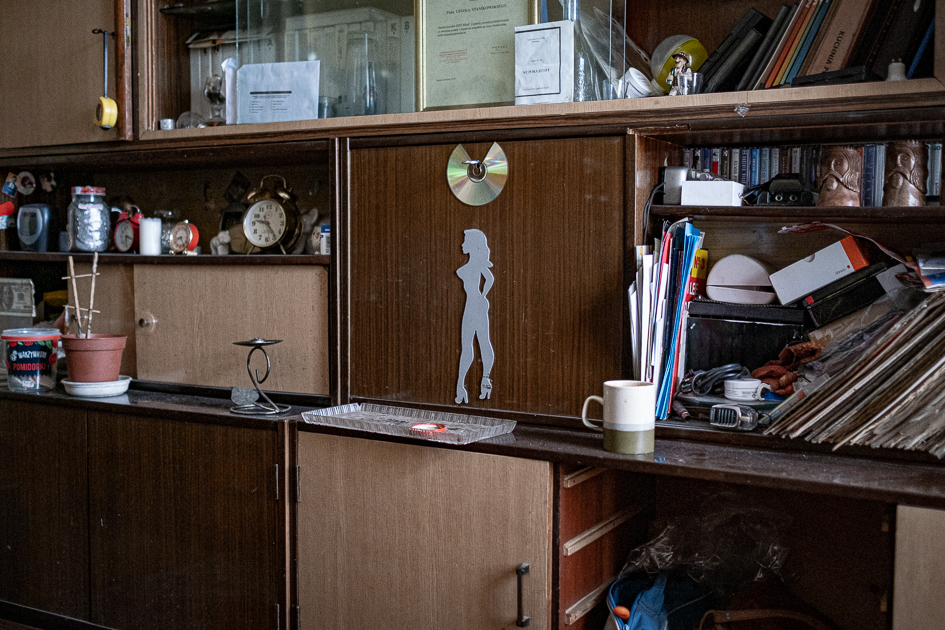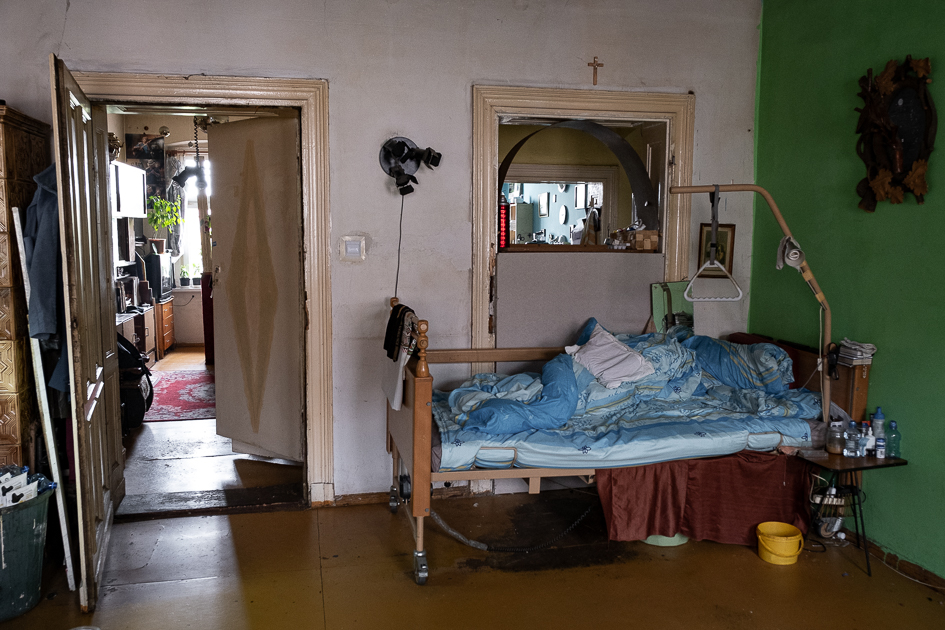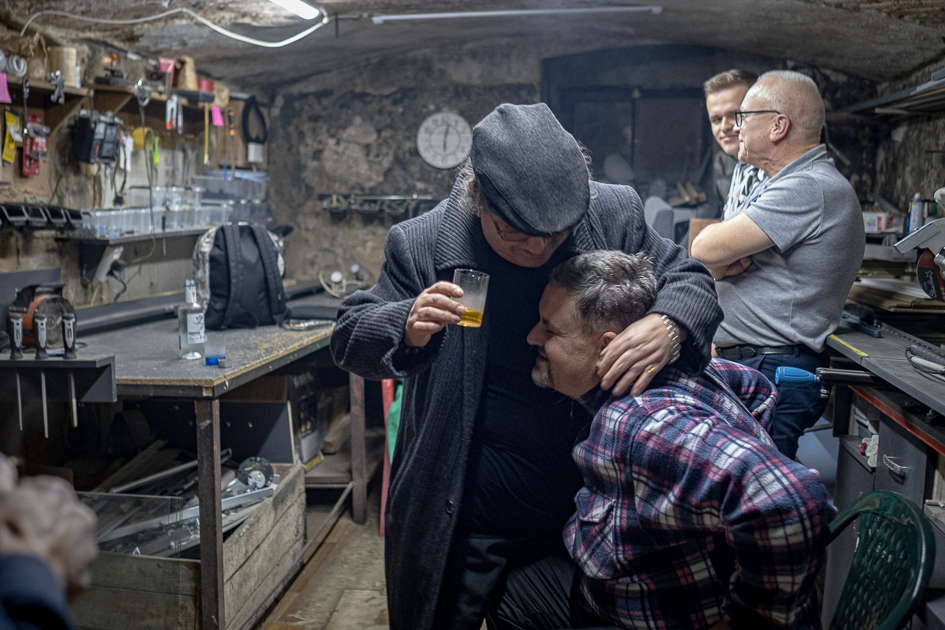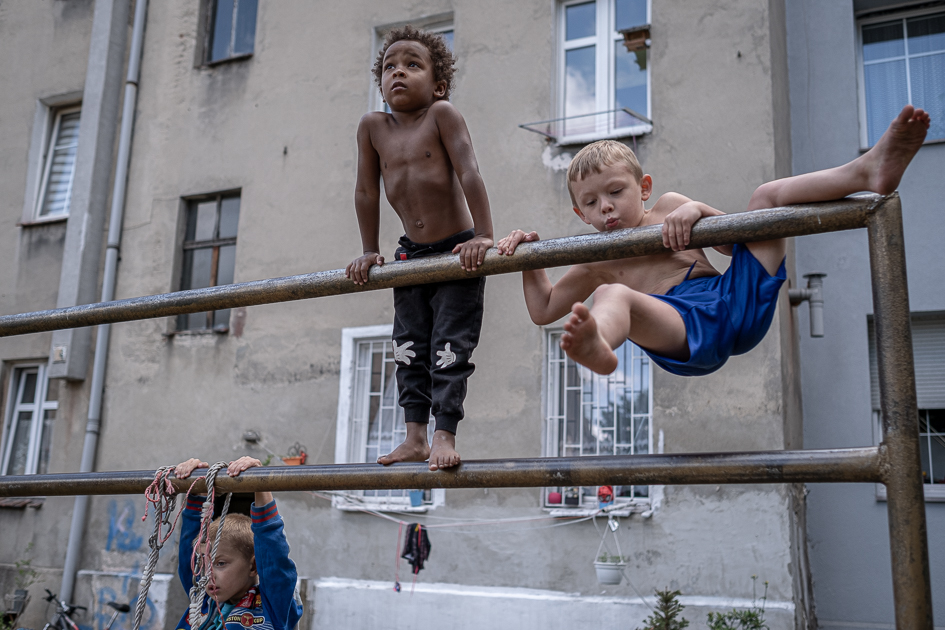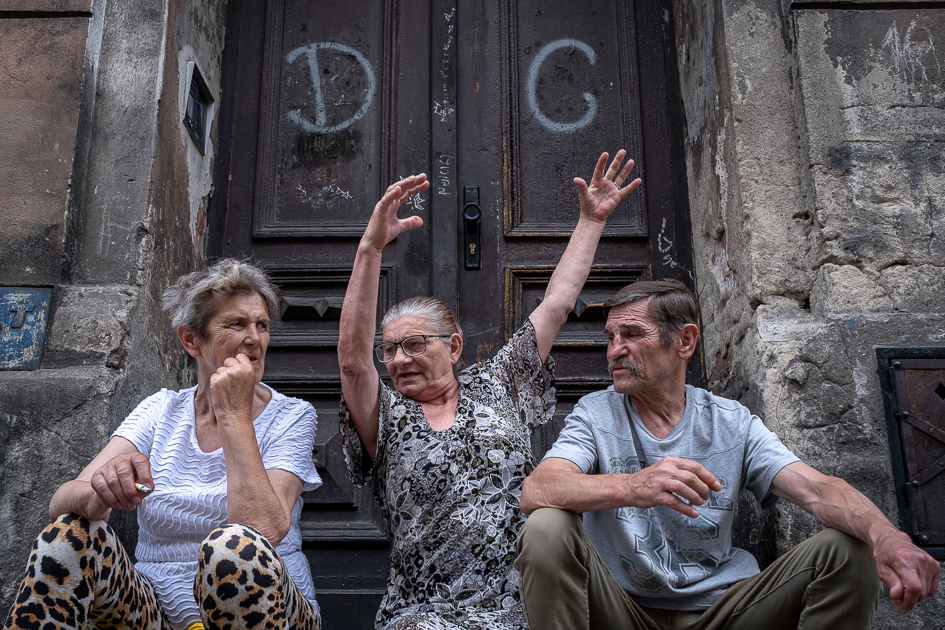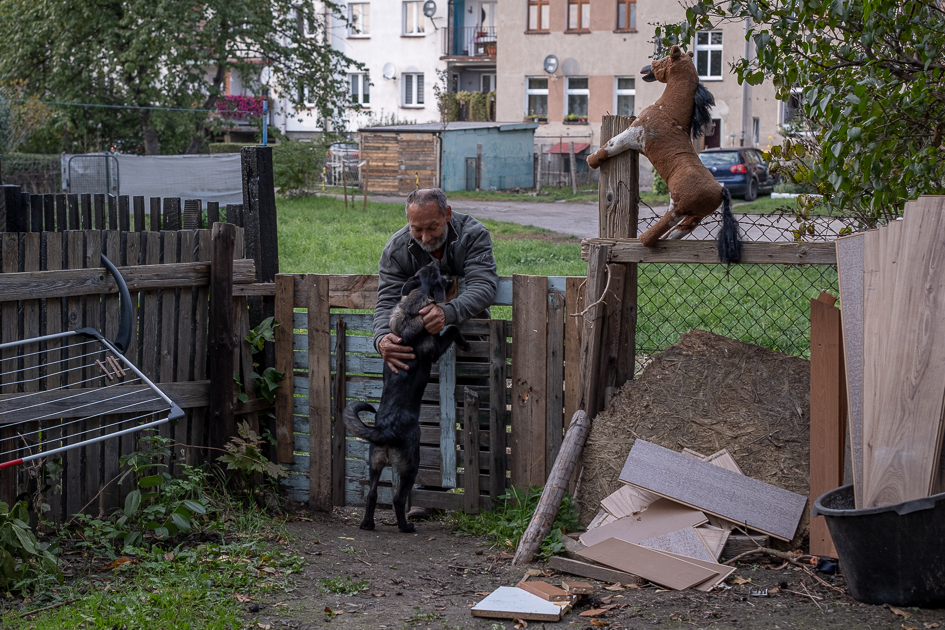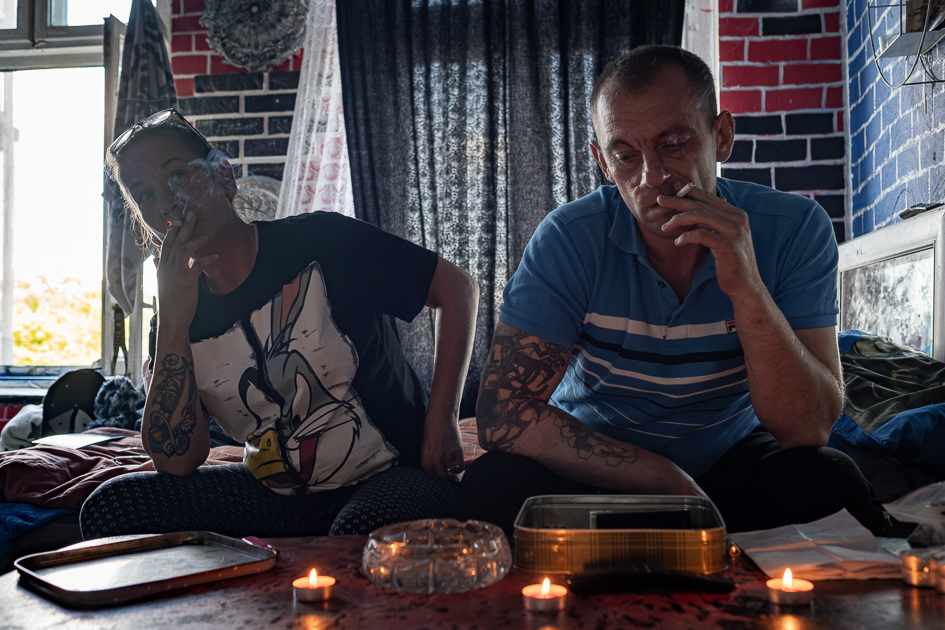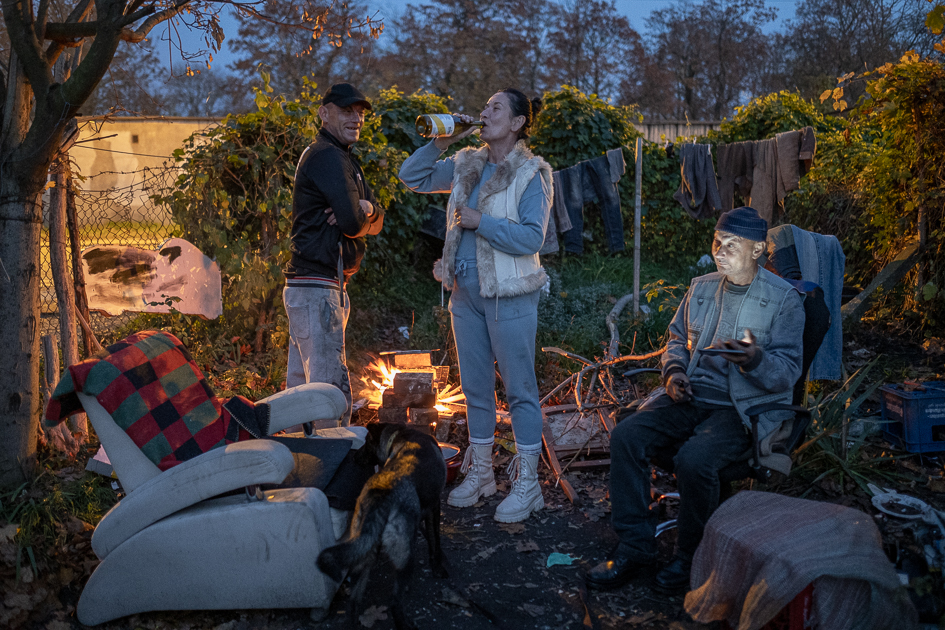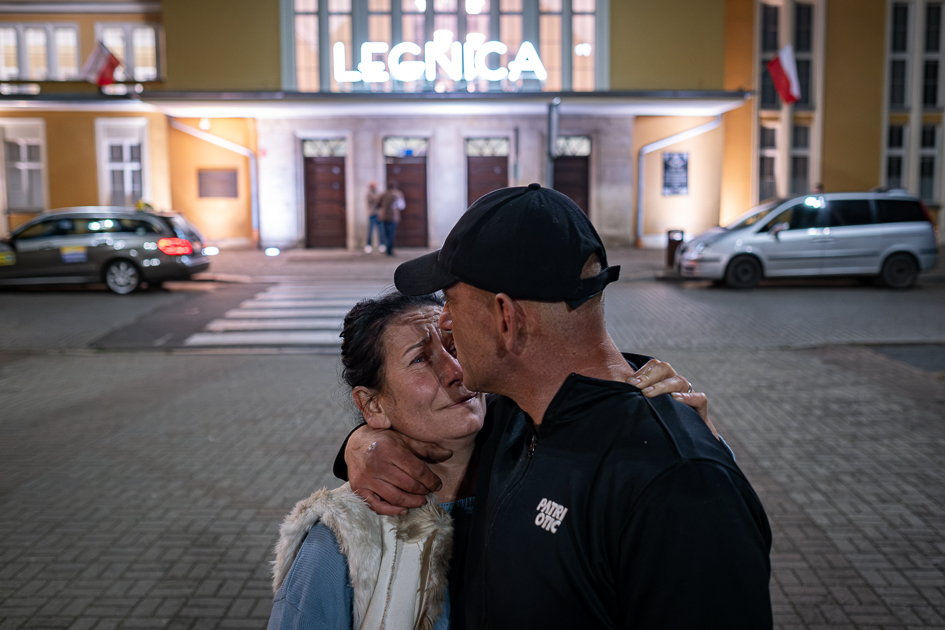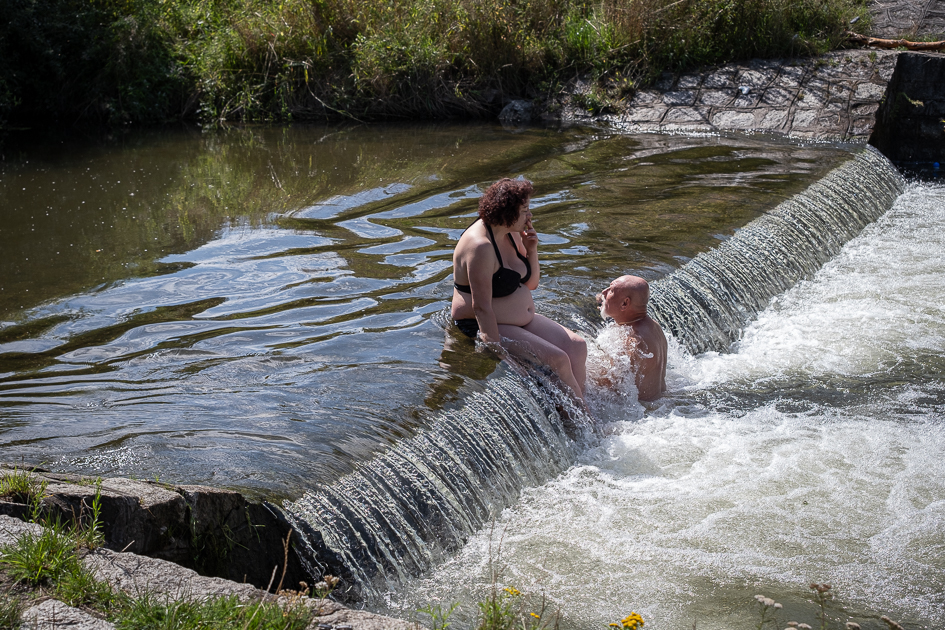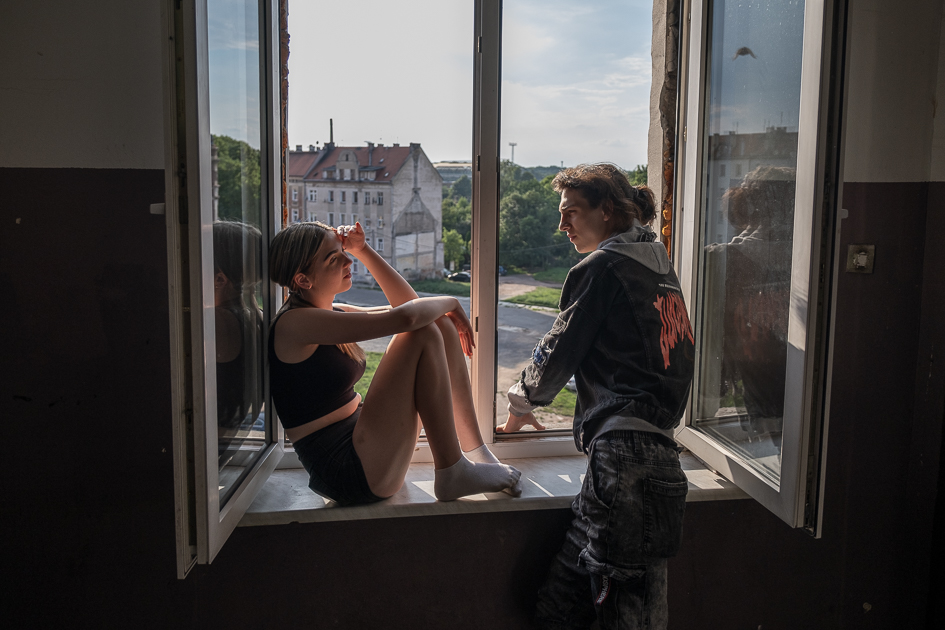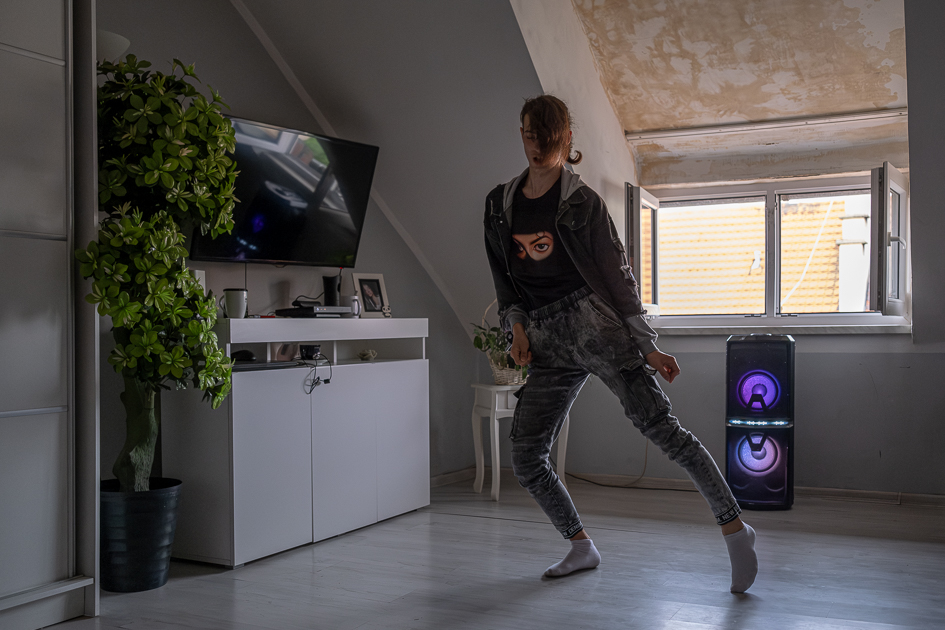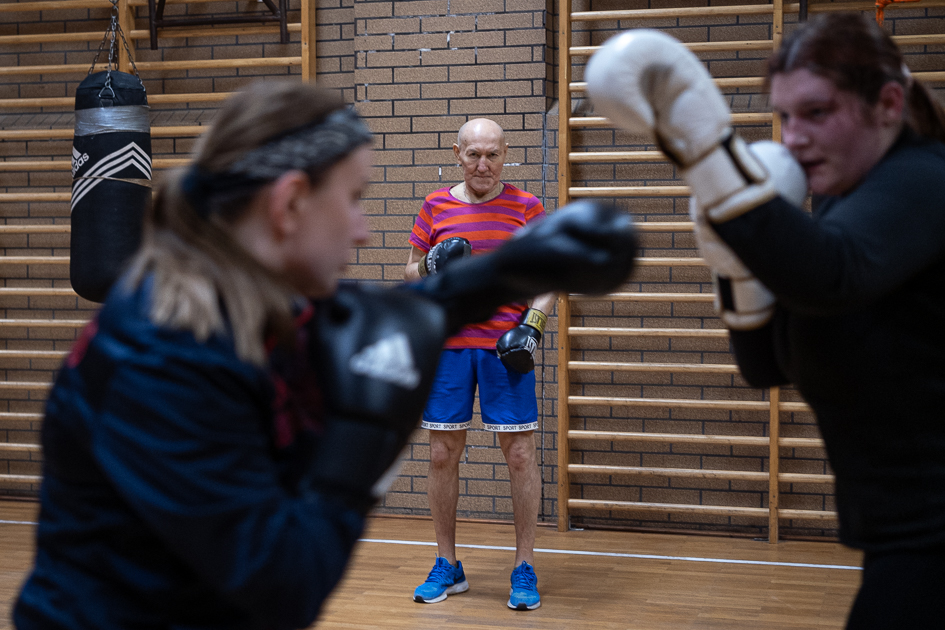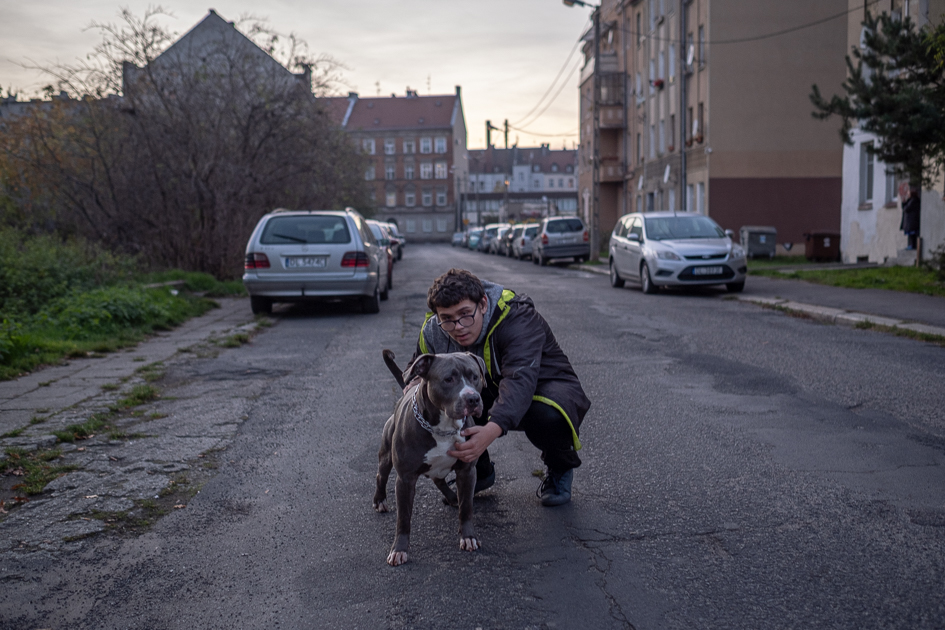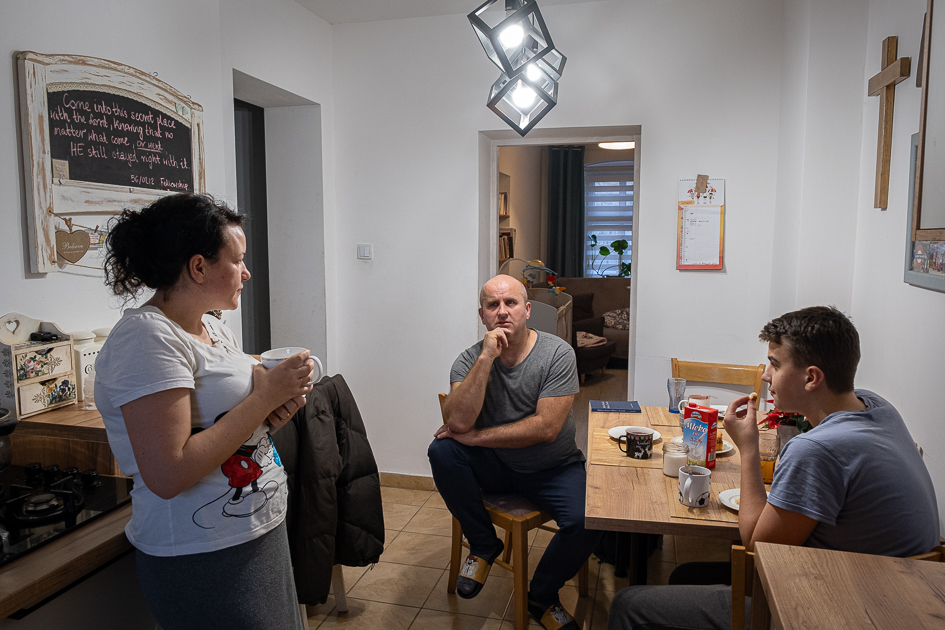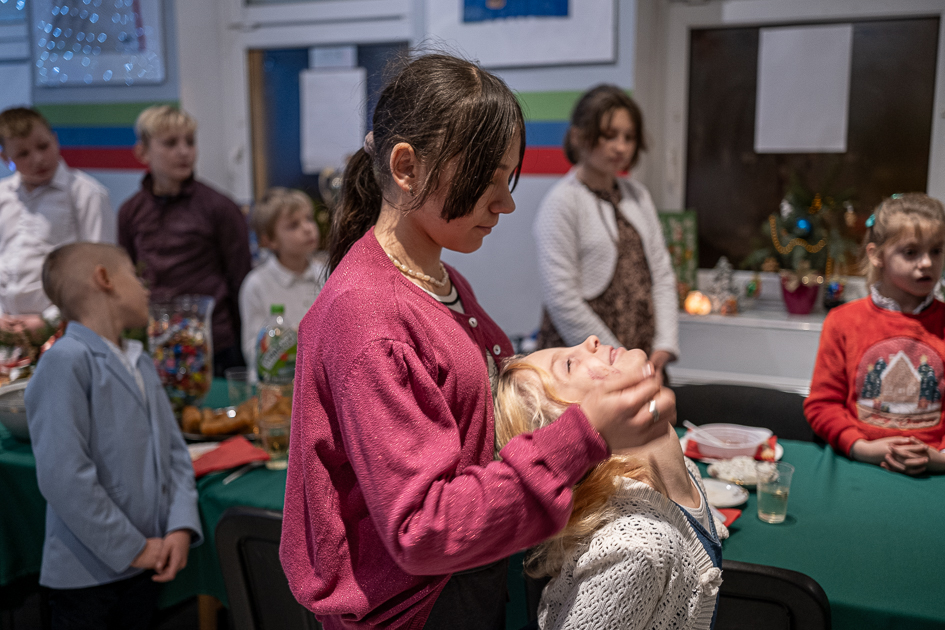The Miracle District (ongoing)
Thieves with hearts of gold. Ex-cons with souls full of artistry and music. Families trying to live a normal life. In an average small Polish town from behind the curtain, welcome to the Miracle District, where the poverty mingles with pride, painting a picture full of bitter charm.
I discovered Zakaczawie by coincidence. Gray, neglected tenement buildings full of people, high unemployment and crime rates, poverty. But there is something unique about this place and it is it’s legend. Such a social melting pot developed tough people with extraordinary biographies, and their community twenty years ago gave inspiration for a famous theatre play – „Ballad of Zakaczawie”. Despite bad stereotypes and grim appearances, it’s thriving social life quickly drawn me in. I started to discover these people, by simply approaching them without prejudices, trying to understand them as fully as possible.
Zakaczawie (eng. za-catch-a-vie; the name comes from the little river Kaczawa) is a district of Legnica, a hundred-thousand people city in southwestern Poland, some 100 kilometres from the German border. It should have been unremarkable, but after World War II it had the dubious pleasure of stationing some 60,000 Soviet soldiers, who dictated it’s life. During these difficult times, which ended very late in 1993, Zakaczawie became a refuge centre for Poles’ native life. Among the Polish families and strong Romani community relocated into the district by Communists, small businesses, cafes, pubs and cultural venues thrived, despite the dark shadow of the Soviet garrison.
When the Curtain fell and the Soviets finally went away, the town of Legnica finally breathed a sigh of relief. Zakaczawie district wasn’t especially lucky though – left out by dynamics of Polish capitalism fell into disrepair. The “Miracle District” nickname of Zakaczawie gained a bitter and ironic edge, but generations of its citizens still retain a strong sense of community. Contemporary Zakaczawie is a living witness of the winds of change, the whims of history putting the social microcosm of its citizens to new tests.
Almost every city has at least one similar place, where people suffer from social and economic exclusion. This project aims to show that among the very visual poverty and dilapidation of rough neighbourhoods, there are humans – families, friends, lovers – trying to live their best.
